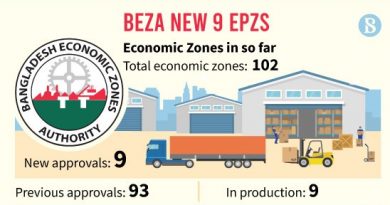COVID-19: GGT urges more actions on solar energy solutions
Oru Leonard
Good Governance Team (GGT), a Nigerian civil society policy advocacy and research platform, welcomes the plans by Rural Electrification
According to Tunde Salman, the Convener of Good Governance Team, media reports has it that, “the REF intervention will involve emergency provision of solar home system and deployment of solar mini-grid solutions for Primary Healthcare Centers (PHCs), COVID-19 Isolation Centers, and NCDC reference laboratory”.
He noted that given its importance for powering laboratory tests and support care at this critical moment of combating COVID-19 pandemic in Nigeria since grid electricity has long proved unreliable and unstable, GGT strongly believes that access to sustainable clean electricity rightly qualified as a basic right. GGT thus urges more actions for sustained mainstreaming of renewable clean energy solutions for the electrification
GGT however laments that long before the outbreak of COVID-19 pandemic, Nigeria’s healthcare delivery system is known to have been totally neglected to the extent that an overwhelming percentage of our over 30,000 PHCs across the country have collapsed and remain in comatose thereby further overwhelmed both secondary and tertiary health facilities in the county. As it is widely known, an efficient healthcare delivery system is a product of many factors, including physical infrastructure and human resources for health, which is the more reason the National Primary Health Care Development Agency’s minimum standard for basic health stipulates a set of minimum standards for health infrastructure at PHC level in line with WHO’s guideline.
Meanwhile, an analysis of this minimum standard for PHC physical infrastructure for different categories of PHCs as evidenced from a situational report (HBS 2018) reveal gaps in the design of PHCs electrification
Therefore, whilst urging more actions for sustained mainstreaming of renewable clean energy solutions to power PHCs across the country, GGT believes that resuscitating the PHCs remain crucial and critical for guarantee basic healthcare services during this period of responding to COVID-19 outbreak in Nigeria and beyond in order to accelerate the achievement of universal health coverage.




